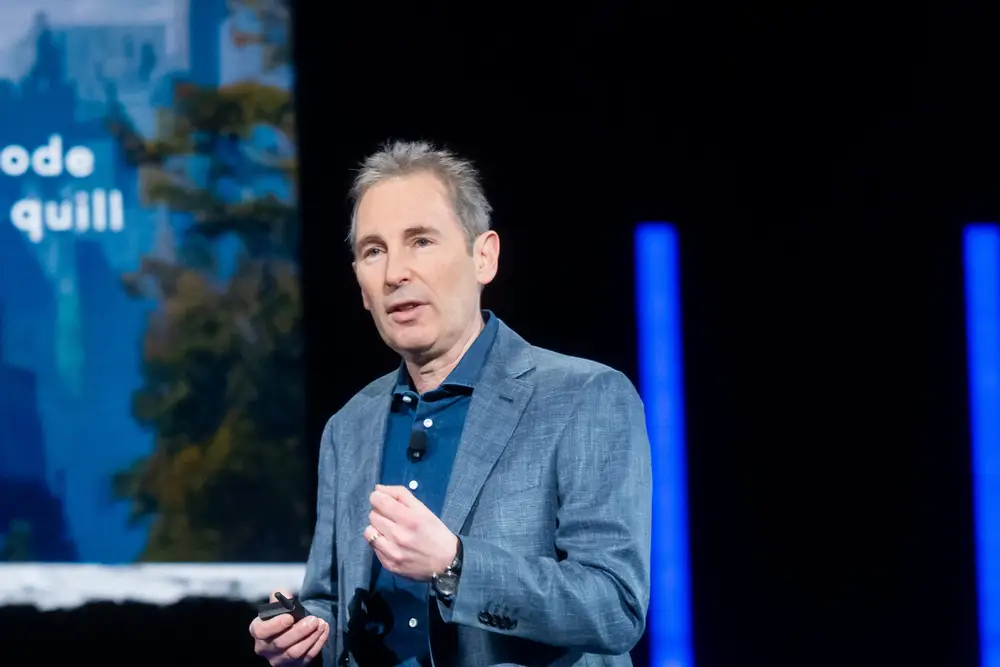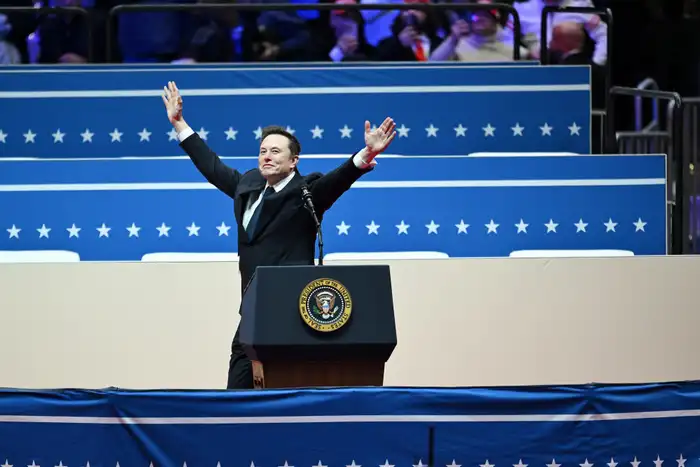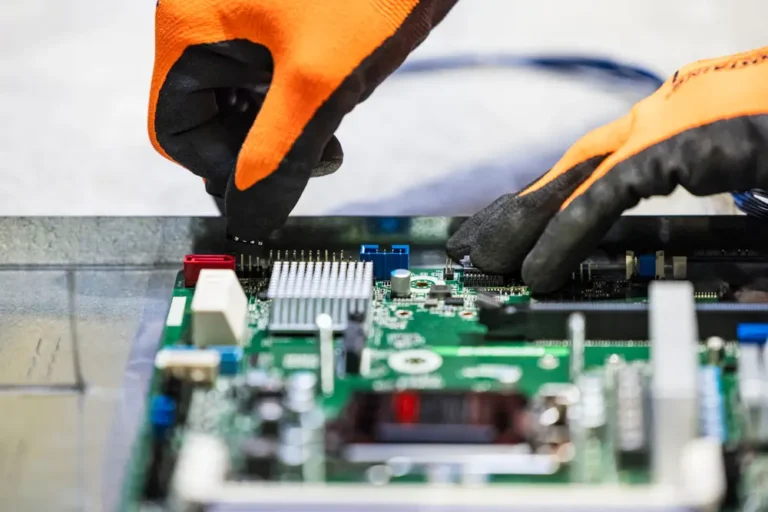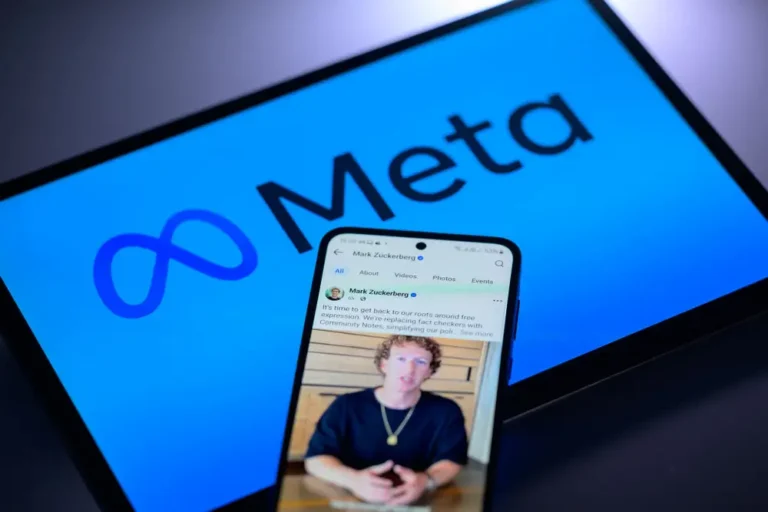A top Amazon tech exec emailed its CEO: Don’t buy the hype about Microsoft’s ‘breakthrough’

Amazon CEO Andy Jassy.
Microsoft claimed a major quantum computing breakthrough last month. Amazon executives aren’t buying it.
On February 19, Microsoft unveiled a quantum processor called Majorana 1. The company said the chip uses a new type of architecture that could allow quantum computers to store way more data and perform much more complex calculations.
On the same day, Simone Severini, Amazon’s head of quantum technologies, emailed CEO Andy Jassy casting doubt on Microsoft’s claims, according to a copy of the email obtained by B-17.
Severini wrote that Microsoft’s underlying scientific paper, released in Nature, “doesn’t actually demonstrate” the claimed achievement and showed only that the new chip “could potentially enable future experiments.”
He added that Microsoft had a checkered history of “several retracted papers due to scientific misconduct” in the quantum computing space. The email was also shared with several other executives, including Amazon Web Services CEO Matt Garman and James Hamilton, a senior vice president.
“This seems to be a meaningful technical advancement, but it’s far different from the breakthrough being portrayed in the media coverage,” Severini wrote.
It’s also far from clear that Microsoft’s architecture, which uses “topological qubits,” will provide “any real performance benefit,” he added.

Simone Severini, Amazon Web Services’ head of quantum technologies.
‘Next level (in BS and hype)’
In internal Slack messages seen by B-17, Amazon execs and employees were more vocal about their frustration with Microsoft’s claims.
Oskar Painter, Amazon’s head of quantum hardware, said it was necessary to “push back on BS statements like S. Nadella’s,” likely in reference to Microsoft CEO Satya Nadella’s social media post proclaiming major advancements with the Majorana chip.
Painter, who also teaches at Caltech, said he had more positive views of Google’s and IBM’s quantum computing efforts. Microsoft, on the other hand, is “next level (in BS and hype),” he wrote in an internal Slack message seen by B-17.
One Amazon employee joked about receiving texts from friends asking whether this would “change the world,” while another poked fun at tech companies using grandiose statements to promote their quantum efforts.
“Seems as if Google, IBM and Microsoft’s marketing teams are making faster progress than their hardware R&D teams,” this person wrote on Slack.
‘Insignificant’ compared with what is needed
Tech companies have been working on quantum computing for years. The hope is to one day create machines that enable significant strides in areas like drug discovery or chemical compound creation. In recent months, Amazon and Google have also unveiled new quantum chips.
But their efforts to outduel each other could generate more hype than substance, industry experts say.
Arka Majumdar, a computer engineering professor at the University of Washington, told B-17 that Microsoft’s technological achievements were impressive but “insignificant” compared with what’s needed to create a useful quantum computer. He added Microsoft’s claims appeared “sensational” and “overhyped” given that it hadn’t reached meaningful scale.
Scott Aaronson, a renowned quantum computing researcher and computer science professor at the University of Texas at Austin, said in a blog post that Microsoft’s claim to have created a topological qubit “has not yet been accepted by peer review.”
The peer review file of Microsoft’s Nature report says that the “results in this manuscript do not represent evidence for the presence of Majorana zero modes in the reported devices” and that the work is intended to introduce an architecture that “might enable fusion experiments using future Majorana zero modes.”
In an email to B-17, a Microsoft spokesperson said the Nature paper was published a year after its submission and the company had made “tremendous progress” in that time. Microsoft plans to share additional data “in the coming weeks and months,” the spokesperson added.
“Discourse and skepticism are all part of the scientific process,” Microsoft’s spokesperson said. “That is why we are dedicated to the continued open publication of our research, so that everyone can build on what others have discovered and learned.”
Quantum timelines
Amazon and Microsoft also have differing views on the expected timeline for practical quantum usage.
Microsoft’s spokesperson told B-17: “Utility-scale quantum computers are just years away, not decades.” But an Amazon spokesperson said they expected another couple of decades before mainstream adoption.
“While quantum computers may not be commercially viable for 10-20 years, bringing quantum computing to fruition is going to take an extraordinary effort, including sustained interest and investment across the industry starting now,” Amazon’s spokesperson told B-17.
Chris Ballance, the CEO of the quantum computing startup Oxford Ionics, told B-17 that Amazon’s recent quantum chip announcement was equally vague with little substance. Other industry experts previously told B-17 that they were unsure whether the technology had advanced as far as these companies claim.
Still, Ballance said the recent array of quantum news is a “good sign” for the industry, which is still in its “very early days.”
“It shows that people are waking up to the value of quantum computing and the need to address it in their road maps,” Ballance said.






